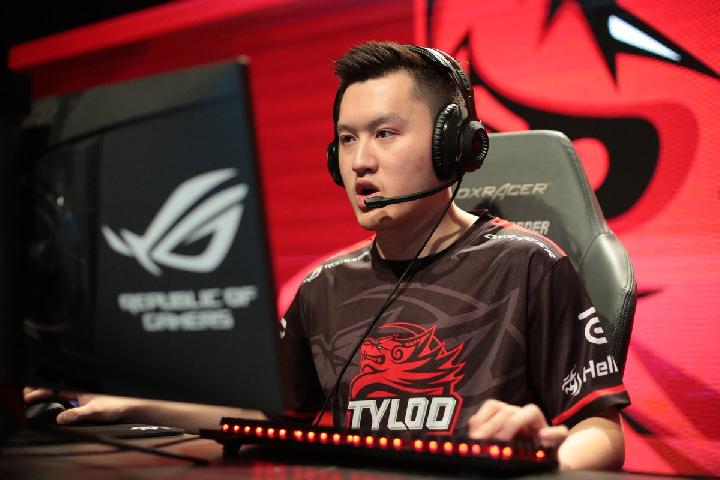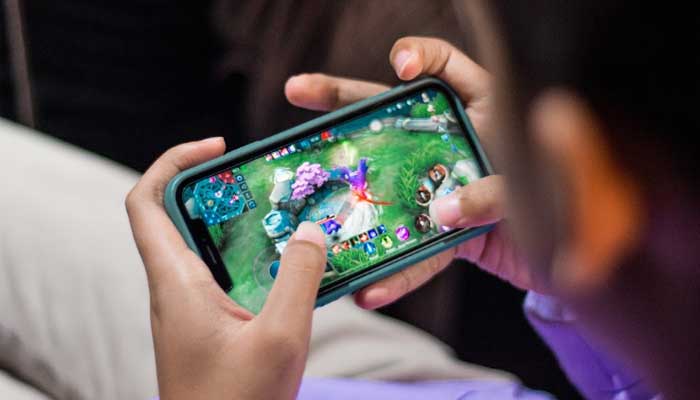
Localizing Games for Indonesia in 2025 is a Must for Global Success
Indonesia has emerged as one of the world's fastest-growing gaming markets, fueled by an internet-literate population, widespread smartphone penetration, and increasing internet penetration. With millions of active gamers and a high demand for immersive gaming experiences, the country presents a massive opportunity for global game developers.
But Indonesian players' expectations are no longer so straightforward. Players no longer accept the sort of minimalist translations that previous games offered. They now want a more textured, more culturally specific experience. Games that feel like they are localized—making use of not only the language but also the local references, the humor, and the culturally familiar elements—are performing much better in terms of engagement and monetization.
As 2025 approaches, the secret to success in Indonesia lies in localization. Developers who implement world-class localization strategies will not only attract additional players but sustained loyalty as well, making their games competitive in one of Southeast Asia's most promising markets.
Indonesia’s Gaming Market: A Powerhouse in 2025
Indonesia's video gaming industry is growing extremely quickly and has emerged as one of the most promising markets in Southeast Asia. Recent statistics show that players in the country have already hit 100 million, and the figure is only going to go up in the near term. The primary driver of this boom is widespread smartphone use, combined with affordable high-speed internet. Mobile gaming has taken the lead. About 80% of Indonesian gamers choose mobiles rather than consoles or PCs, for the most part due to how easily accessible they are and that they are budget-friendly. This has also triggered a rise in in-game spend, with more players purchasing skins, battle passes, and other microtransactions. Free-to-play models, supported by paid-for options, have been widely successful in this category.
A second key driving factor is the thriving eSports community. Competitive gaming has built a massive fan base, with local and global tournaments attracting millions of viewers. Social media and streaming platforms fuel chat, strategy dissemination, and game content, with high engagement levels. With its growing player base, dominance in mobile gaming, and strong passion for eSports, Indonesia is poised to become a goldmine for game developers in 2025. No global company can afford to overlook this lucrative market.
Why Game Localization is Essential for Global Success?
Language becomes a critical piece in building the player experience within the increasingly competitive game industry. Players engage more when games are in their native language, allowing them to better understand the story, guidelines, and dialogues. Localization goes beyond translation by incorporating cultural elements, humor, and local references.
Many games have proved that localization can be a deciding factor in their success globally. Genshin Impact is one such game that offers localization in many languages, including Indonesian. By translating text, voice lines, and dialogues, the game was successful in acquiring millions of Indonesian players and building an active community. Another instance is Free Fire, which was a booming success in Indonesia due to targeted marketing campaigns and game content that resonate with local culture, such as characters inspired by real persons. Players develop stronger emotional connections to games when they include local cultural elements. Stuff such as local mythology references, character names, or even humor sensitivity can lead the players to connect more to the game environment. This, in turn, leads to greater player loyalty and retention because they feel that the game was made with their tastes in mind.
While the Indonesian gaming market keeps expanding at a frenzied rate, developers who overlook localization risk losing a massive business opportunity. However, developers who invest in high-quality localization have a strong chance of building a loyal community, increasing player engagement, and maximizing revenue in this rapidly growing market.
Effective Strategies for Game Localization in Indonesia

Localizing a game for the Indonesian market means more than merely translating text. Effective localization requires consideration of cultural factors, language tone, and player tastes in order to bring an authentic, enjoyable experience to the players. Developers must implement key strategies to successfully localize games in Indonesia. One of the biggest challenges in localization is making dialogue and text sound natural within the game environment. Most games fail to localize well due to too strict or too literal translations, which render the dialogue unnatural or out of place. Contextual localization is an understanding of how text is utilized in the game. For instance, character dialogue in an RPG must be fitting with their personality, and commands in a strategy game must be clear and easy to follow. With this in mind, the players are able to enjoy a more improved gaming experience free from distractions due to ungrammatical translations.
Including native Indonesian translators and editors is the most crucial of all the localization processes. Not only do native speakers understand proper vocabulary and grammar, but they also know cultural phrases, jokes, and common idioms used in Indonesia. Some gaming jargon may lose meaning when translated literally into Indonesian. Owing to the work of context-based translators, however, the terms are then translated so that they still manage to convey their intended impact. Editors also play a crucial role in assisting in ensuring that the translation sounds natural and is easily understandable to local gamers.
Before a game is launched as a localized one, it must be beta tested with local gamers. Beta testing helps identify translation errors, stylistic inconsistencies, and cultural elements that may not resonate with Indonesian players. Beta testing from most large game companies involves local gaming communities to get firsthand feedback prior to launch. It is one form of guaranteeing that developers achieve proper localization and that the game is being offered in a real manner to Indonesian gamers.
Indonesian gamers are known to be highly social, interacting with other gamers through social networks, forums, and game features like chat and guilds. Localizing games must include the integration of social features into the game. Making the Indonesian language accessible in communication features, like voice or text chat, can significantly enhance player interaction and strengthen in-game communities. Further, game activities themed after local culture or national events may be an idea to please individuals. Some leading games host special events for Indonesia’s Independence Day or Ramadan, offering unique rewards to attract local players.
Ready to localize your game for Indonesia in 2025? Visit https://digital-trans.asia/ to learn more about our offerings. Contact us today to get started!